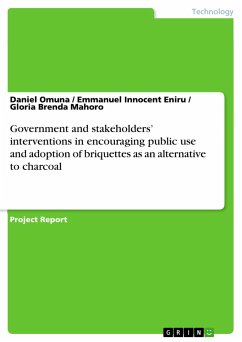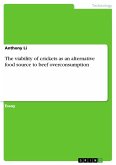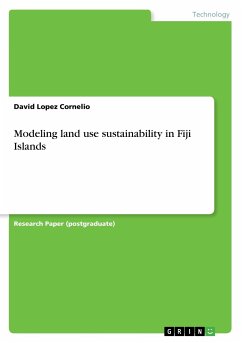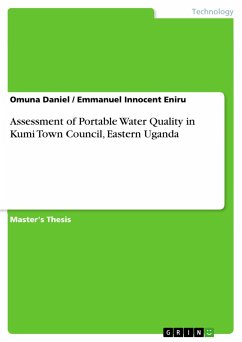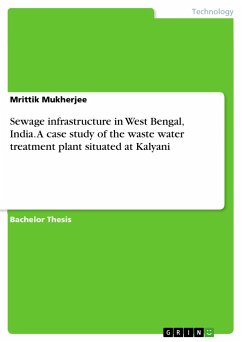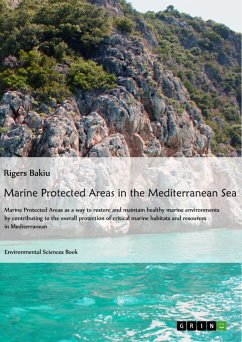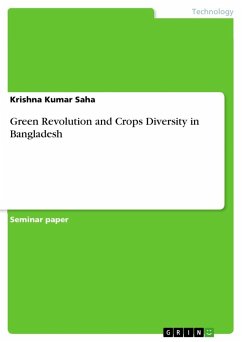Project Report from the year 2015 in the subject Environmental Sciences, , language: English, abstract: The level of use and adoption of biomass briquette was used as a proxy for the availability of solid wastes for the households and was expected to have a positive relationship with the probability of economic viability for briquette technology as the alternative renewable energy source. Previous studies have shown that household size and availability of materials influenced adoption decisions. The objective of this study was to establish ways in which the government and other stakeholders can encourage the public to adopt briquette technology.The hypothesis guiding this study was "there's no significant association among efforts by government and other stakeholders to encourage briquette use and adoption". In order to determine the level of government and stakeholder involvement in promoting the use, adoption and economic viability of biomass briquettes in both urban and rural areas as an alternative source of energy, face to face interviews, alongside questionnaires, were conducted. The interviews also combined with simple participatory appraisals because these have been known to facilitate quick information acquisition.One way ANOVA with post-hoc LSD and Tukey parametric test (for multiple comparisons), 2-tailed, at =0.05 levels were used to determine the extent of use and economic viability of briquette technology by the people in Kampala. Results show that gender was the most important parameter on which to base the evaluation of government's efforts in promoting the use of biomass briquettes. It was recommended that gender involvement, public participation and funding briquette research productions be used in strengthening efforts to adopt and use briquettes on a large scale as an alternative renewable energy source to charcoal in Uganda.
Hinweis: Dieser Artikel kann nur an eine deutsche Lieferadresse ausgeliefert werden.
Hinweis: Dieser Artikel kann nur an eine deutsche Lieferadresse ausgeliefert werden.

